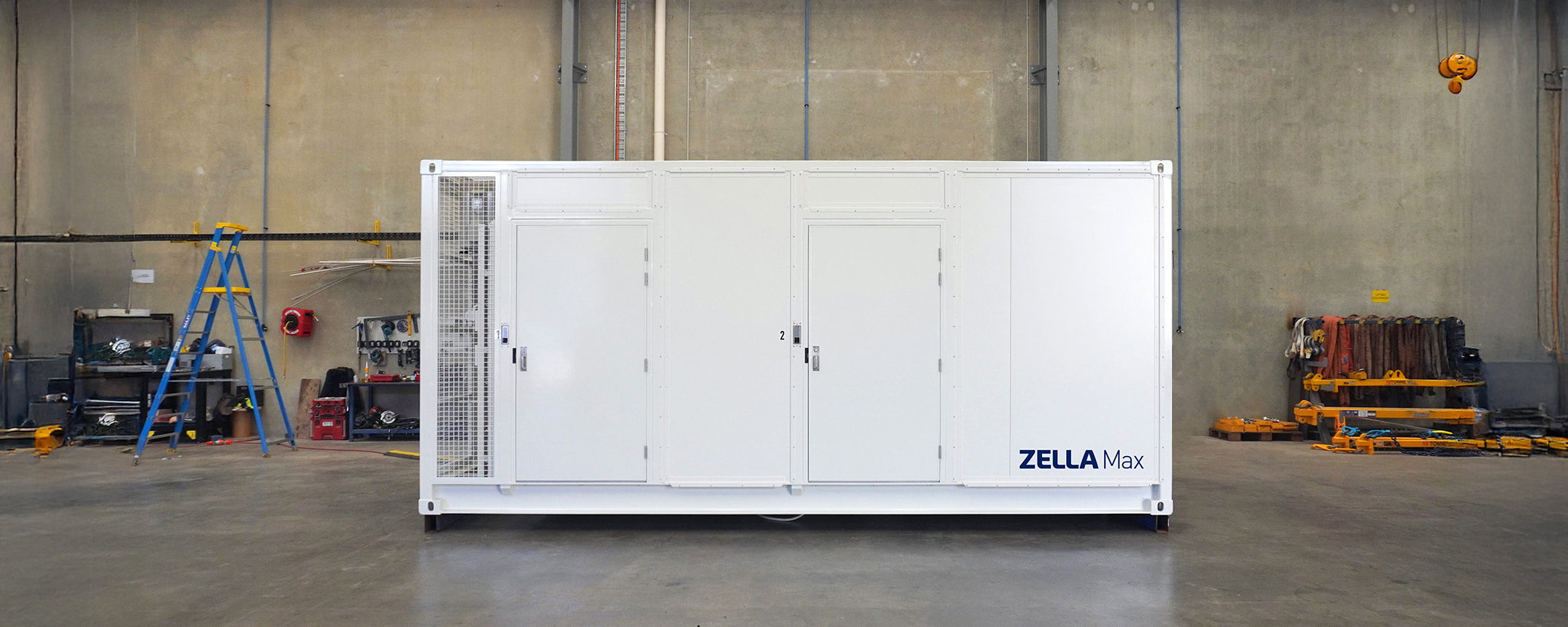In today’s digital age, businesses of all sizes are experiencing an unprecedented demand for data processing and storage. The exponential growth of data, driven by technologies such as the Internet of Things (IoT), artificial intelligence (AI), and big data analytics, is reshaping the business landscape. As a result, the traditional data centre model is being challenged by the need for more agile, scalable, and cost-effective solutions. Enter the micro data centre—a game-changing innovation that is becoming essential for modern businesses. In this article, I will explain why micro data centres are critical to the success and growth of contemporary enterprises.
The rise of data-driven business
Data has become the lifeblood of modern business operations. Companies rely on real-time data to make informed decisions, enhance customer experiences, optimise operations, and drive innovation. However, managing and processing this vast amount of data efficiently poses significant challenges.
Traditional data centres, while effective, are often large, expensive, and inflexible. They require substantial investment in infrastructure, space, and maintenance. Furthermore, the centralised nature of traditional data centres can lead to latency issues, which are detrimental in an era where speed and responsiveness are crucial.
What are Micro Data Centres?
Micro data centres are compact, self-contained units that provide all the functionalities of traditional data centres but on a smaller scale. They encompass computing, storage, networking, power, cooling, and security within a single enclosure. Designed to be modular and scalable, micro data centres can be deployed quickly and efficiently, making them an ideal solution for modern businesses.
Key benefits of Micro Data Centres
1. Cost-effectiveness
One of the primary advantages of micro data centres is their cost-effectiveness. Traditional data centres require significant capital expenditure for construction, infrastructure, and ongoing maintenance. In contrast, micro data centres offer a lower initial investment and reduced operational costs. Their compact size means they consume less power and require less cooling, resulting in substantial savings on energy bills.
For example, a mid-sized retail company that adopts a micro data centre can significantly reduce its IT expenses, freeing up capital for other strategic investments such as marketing and product development.
2. Scalability and flexibility
Micro data centres are designed with scalability and flexibility in mind. Businesses can start with a single unit and expand as their data processing needs grow. This modular approach allows companies to scale their IT infrastructure in line with their growth trajectory, avoiding the pitfalls of over-provisioning or under-provisioning.
A technology startup, for instance, can deploy a micro data centre to handle its initial data needs. As the company grows and its data requirements increase, additional units can be added seamlessly, ensuring that the IT infrastructure evolves in tandem with business needs.
3. Reduced latency and improved performance
In the age of real-time data processing, latency is a critical concern. Traditional, centralised data centres can introduce latency due to the physical distance between the data source and the data centre. Micro data centres address this issue by bringing data processing closer to the point of data generation, reducing latency and enhancing performance.
This is particularly beneficial for industries such as finance, healthcare, and manufacturing, where real-time data processing is essential. For example, in a smart factory setting, micro data centres can process data from IoT sensors on the shop floor in real-time, enabling immediate decision-making and improving operational efficiency.
4. Enhanced security and compliance
Data security and regulatory compliance are top priorities for businesses today. Micro data centres offer robust security features, including physical security measures such as biometric access controls and surveillance systems, as well as digital security mechanisms like encryption and firewalls.
Moreover, micro data centres can be tailored to meet specific regulatory requirements, ensuring compliance with industry standards. For a financial services firm, this means that sensitive customer data can be processed and stored securely, meeting stringent regulatory requirements and avoiding costly penalties.
5. Disaster recovery and business continuity
Business continuity is a critical concern for companies of all sizes. Micro data centres play a vital role in disaster recovery by providing redundancy and ensuring that data and applications remain available during disruptions. Their modular nature allows for easy replication across multiple locations, enhancing resilience and minimising downtime.
For example, a healthcare provider can deploy micro data centres in different locations to ensure that patient data is always accessible, even if one site experiences an outage. This not only enhances service delivery but also builds trust with patients.
6. Support for Edge Computing
Edge computing is an emerging paradigm that involves processing data at the edge of the network, closer to the data source. This reduces the need to send data back and forth to centralised data centres, thereby reducing latency and bandwidth usage. Micro data centres are ideally suited for edge computing, as they can be deployed at the edge of the network to process and store data locally.
Industries such as autonomous vehicles, smart cities, and remote monitoring benefit greatly from edge computing enabled by micro data centres. For instance, in autonomous vehicles, micro data centres can process data from sensors and cameras in real-time, enabling quick decision-making and enhancing safety.
Real-world applications of Micro Data Centres
Retail sector: Retailers can use micro data centres to enhance the customer experience by processing data from in-store sensors and point-of-sale systems in real-time. This enables personalised marketing and improves inventory management.
Healthcare industry: Healthcare providers can deploy micro data centres to ensure the availability and security of patient data. Real-time processing of data from medical devices enhances patient care and operational efficiency.
Financial services: Banks and financial institutions can leverage micro data centres to process transactions quickly and securely. This improves customer service and ensures compliance with regulatory requirements.
Manufacturing: Manufacturers can use micro data centres to process data from IoT sensors on the factory floor. This enables real-time monitoring and optimisation of production processes.
Conclusion
Micro data centres are transforming the way businesses manage and process data. Their cost-effectiveness, scalability, low latency, enhanced security, and support for edge computing make them an essential component of modern IT infrastructure. As businesses continue to embrace digital transformation, micro data centres will play a pivotal role in enabling innovation, efficiency, and growth.
At Zella DC, we are committed to providing cutting-edge micro data centre solutions that meet the unique needs of modern businesses. Whether you’re a startup looking to scale rapidly or an established enterprise seeking to optimise your IT infrastructure, our micro data centres offer the perfect blend of performance, flexibility, and cost savings.
Find out more about our products or contact us today to find out how micro data centres can benefit your business.






